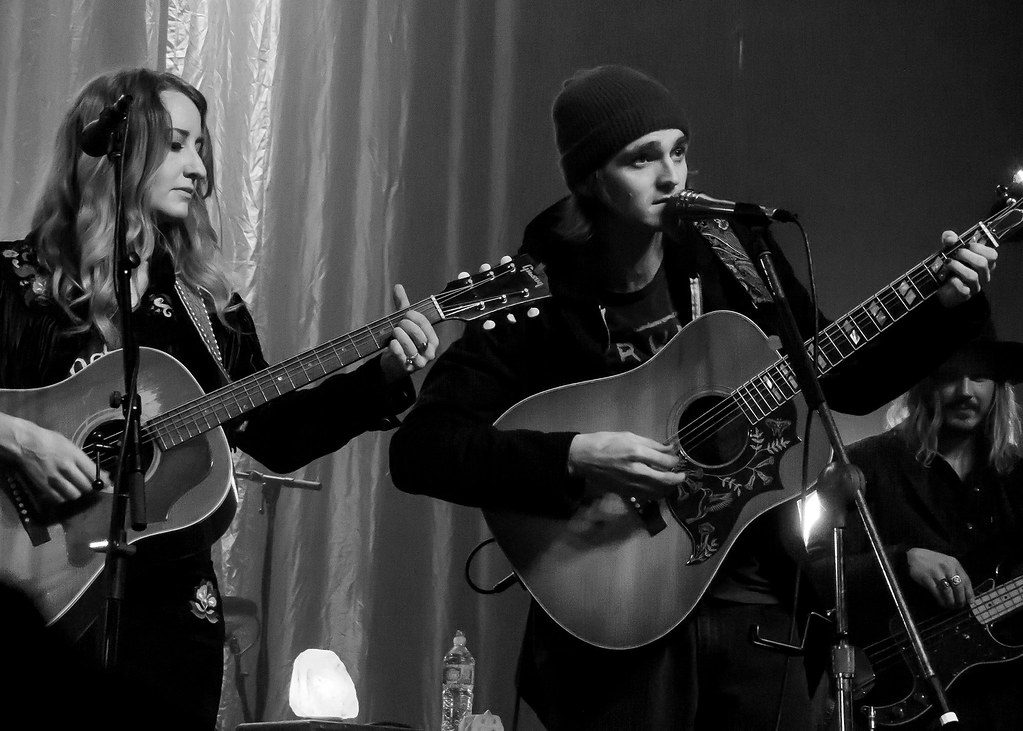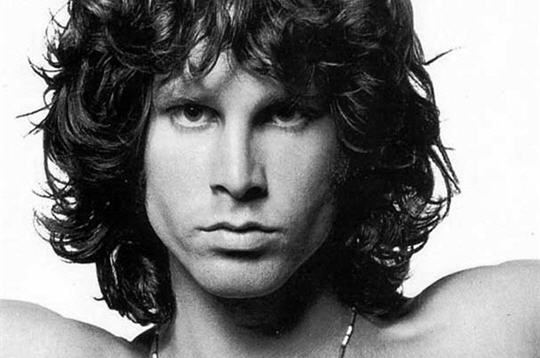Your playlist just got more interesting. Margo Price‘s collaboration with Tyler Childers on “Love Me Like You Used To” brings together two of country music’s most uncompromising voices for her upcoming album “Hard Headed Woman”.
This partnership makes perfect sense when you consider both artists’ shared DNA. Price and Childers have built careers on refusing to sand down their edges for radio programmers or streaming algorithms. They write about real people facing real problems, not the sanitized version of rural life that dominates Nashville‘s assembly line.
Recording at RCA Studio A—where Dolly Parton and Willie Nelson cut legendary tracks—signals Price’s commitment to country music’s authentic lineage. Producer Matt Ross-Spang‘s involvement adds credibility; his work spans from Margo’s previous albums to projects with Chris Stapleton and Jason Isbell.
Expect their voices to blend like coffee shop conversations over Instagram reels—intimate yet captivating. This revival of country’s dangerous, defiant spirit echoes through every note, as both artists channel the rebellious energy that once made Nashville nervous about what its stars might say next. Childers‘ mountain tenor pairs naturally with Price‘s weathered alto, creating the kind of vocal chemistry that makes you stop scrolling mid-swipe. Ross-Spang‘s production style favors live room recording, so you’ll hear the natural reverb and breathing space that makes their harmonies feel spontaneous rather than surgically precise.
The timing feels significant. While mainstream country chases TikTok trends and pop crossovers, Price and Childers double down on substance. Their collaboration proves you don’t need to compromise your artistic vision to find your audience.
Price‘s album title “Hard Headed Woman” captures her entire approach. She’s spent years speaking truth to power, facing backlash for her political views while never backing down. Childers similarly refuses to play it safe, whether he’s addressing social issues or experimenting with bluegrass arrangements.
This duet represents more than two artists sharing a microphone. It’s a statement about country music’s future—one where authenticity trumps algorithm optimization, where songs matter more than streaming numbers. Unlike Spotify’s latest algorithm updates that prioritize engagement metrics over artistic merit, this collaboration puts songcraft first—proving that real connection happens when artists focus on emotional truth rather than playlist placement.
Bottom line: When two of country’s most fearless voices unite, you get music that reminds you why the genre matters in the first place.


























